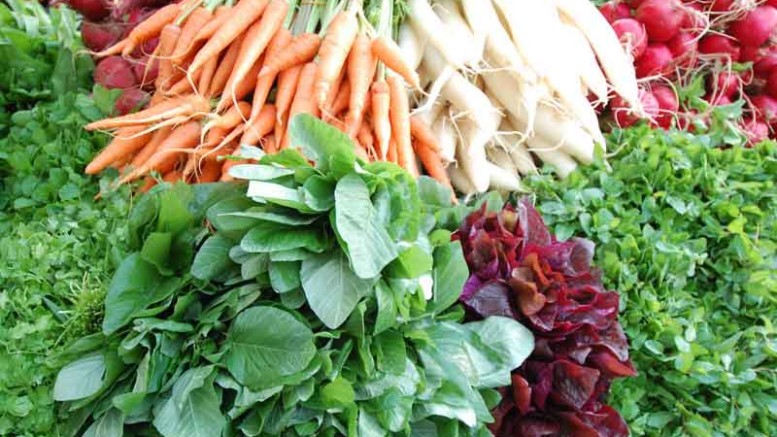The Ministry of Climate Change and Environments (MOCCAE) has banned the import of certain fruits and vegetables from five Middle East Countries over concerns about high levels of pesticides.
Imports from Egypt, Oman, Jordan, Lebanon and Yemen will be stopped as of May 15th 2017, the Ministry of Climate Change and Environment said. The list includes all varieties of pepper from Egypt; peppers, cabbage, cauliflower, lettuce, squash, beans and Aubergine from Jordan; apples from Lebanon; melons, carrots and watercress from Oman; and all types of fruit from Yemen.
With a huge amount of produce coming from these neighboring countries alone, local vendors are already feeling the downside of the ban. This can indicate that food prices are set to surge where extra costs borne by vendors and sellers to import fruits and vegetables from other continents like Europe will have to be borne by the consumer.
Shokrollah Ali, Managing Director of Shokri Hassan Trading at Dubai’s Fruit and Vegetable market said “We usually get carrots from Oman for Dh1.50 a kilogram, but now we will have to get them from China or even Australia where it is Dh3.50 a kilo,”
“Lebanon and Jordan are important countries for us because they bring a lot of vegetables, such as lettuce and marrow.”
We usually get it by land from Jordan and it takes five days,” he said. “But now it will not be possible to get it by sea or land.
“We will have to fly it in from Holland, Australia, Tunisia or Morocco and air freight can add more than €1 [Dh4] a kilo from Europe or US$1 from Morocco.”
Adding further, he said “that this problem has to be sorted out quickly as Ramadan is around the corner. This means there is a higher request for produce around this time and customers will end up paying 50 to 70 per cent more”
Experts said there was a good reason for the ban, imposed by the Ministry of Climate Change and Environment.
“It’s a big risk to consume vegetables, especially leafy greens, with a high dose of pesticides because we are consuming chemicals,” said Basem Azzam, quality director at Taylor Shannon International, a food safety consultancy.
Pesticides, particularly derivatives of chlorinated pesticides, are harmful because they can bio-accumulate and build up to dangerous levels in the body and environment.
Persistent chemicals get magnified throughout the food chain and have been detected in products ranging from meat, poultry and fish, to vegetable oils, nuts and various fruits and vegetables.
As a healthy and self-sustaining alternative to importing food from neighboring countries that utilize high levels of pesticides, Hydroponic Farming is rapidly becoming the region’s most sustainable option for food security in the UAE.
Hydroponic Farming uses up to 90% less water and is pesticide free. Crops require relatively less landmass to grow and can receive water and nutrients directly through the roots. This ensures that every single plant is healthy and grows quickly, resulting in higher yields and more frequent harvests.
Pegasus Agriculture, a leader in hydroponic farming in the region has said; “we not only reduce the reliance of food imports within the UAE by providing local and healthy hydroponic food supply from our local farms, but also ensure we abide by the highest standards to ensure pesticide free produce that is available year round.
Pegasus Agriculture is one of the leading owners and operators of hydroponic farming facilities in the Middle East and North Africa (MENA). With their head office strategically located in Dubai, UAE that serves as the headquarters for its growing global distribution network.
Pegasus Agriculture continue to lead the counties of the MENA region in technologically advanced farming practices, helping countries to attain food security.
If you’re looking to gain more information on hydroponics contact info@pegasusagriculturegroup.com or visit www.pegasusagriculturegroup.com for more details.
Food imports banned in the UAE – Pegasus Agriculture Group Hydroponic Farming – A Secure and sustainable solution

